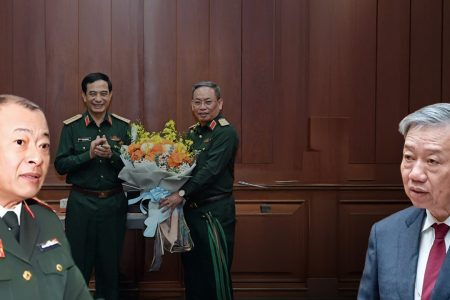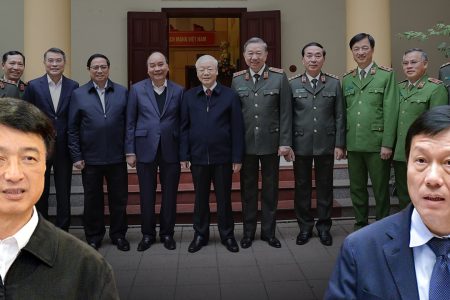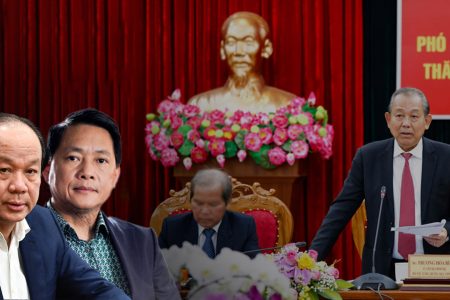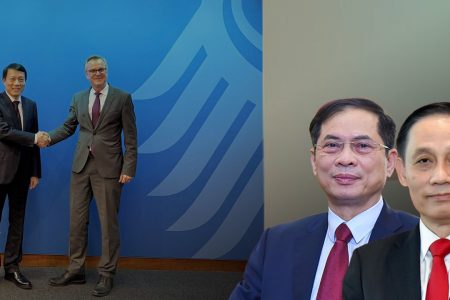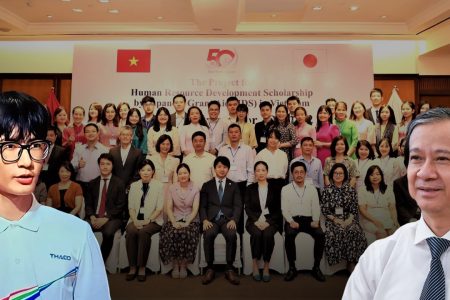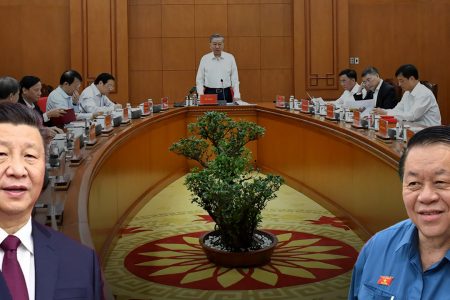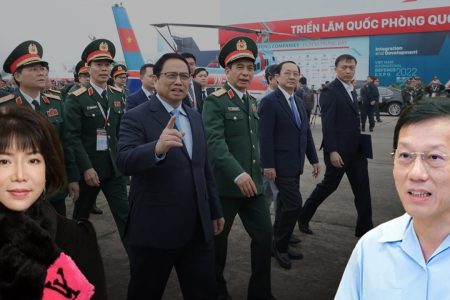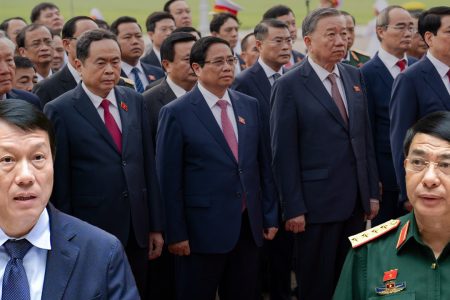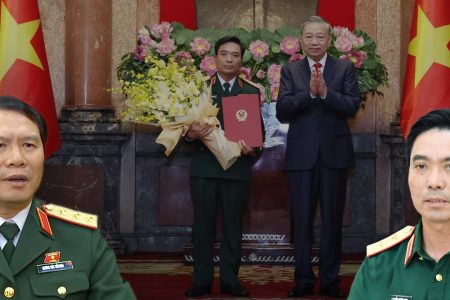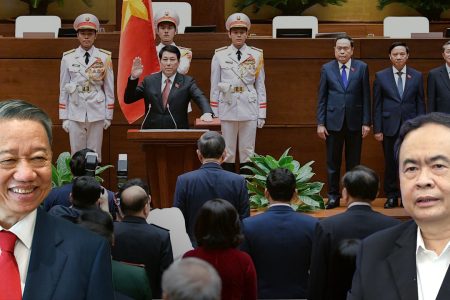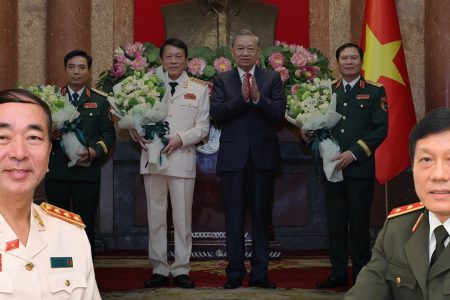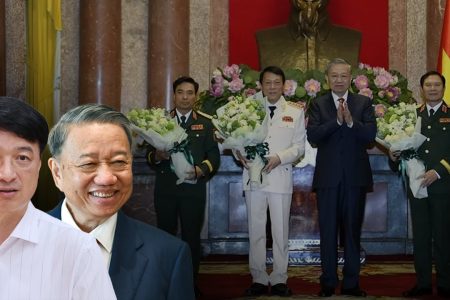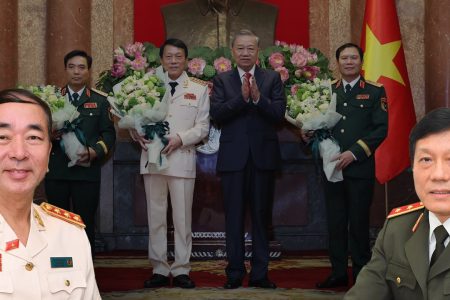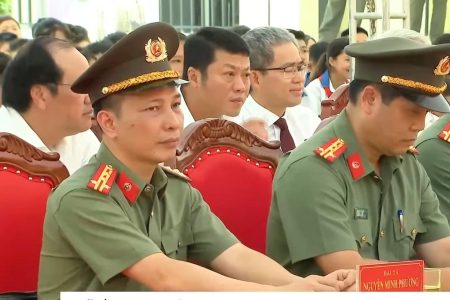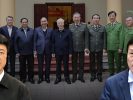According to a public opinion poll, the United States is gradually losing Southeast Asia to China. Accordingly, the Southeast Asian region has 11 member countries, but only 3 countries, where the majority of people support and like the United States, are the Philippines, Vietnam and Cambodia. The majority of people in the remaining countries like and support China. Even in Muslim countries, people hate the United States.
International media reported that speaking at the Xiangshan Forum, China, on September 13, Vietnamese Defense Minister General Phan Van Giang, affirmed the 4 no foreign policy, and at the same time called for respect for Vietnam’s sovereignty.
This is considered nothing new, just a reiteration of what Vietnam’s top leaders have stated about Vietnam’s defense and foreign policies. These policies aim to balance relations with major powers, especially the US and China.
A few days earlier, Minister Giang visited the United States for 2 days, om September 8-9, after a visit to the Philippines. The issue of Vietnam-US defense cooperation, as well as Vietnam-Philippines, is receiving great attention from international observers and analysts. At the same time, questions have been raised about whether this is a sign of a “shift” in Vietnam’s defense policy or not?
On September 13, the Beijing Xiangshan Forum – an annual regional security dialogue conference established by China since 2016, opened. This 2024 forum is attended by defense ministers and officials from more than 100 countries, with the theme “Building peace together, sharing the future together.”
General Giang’s statement calling on all parties to “respect Vietnam’s sovereignty” did not directly or specifically mention any country, but perhaps he wanted to “imply” China. Because Vietnam only has the most sovereignty disputes with China, in the South China Sea, and has repeatedly accused Beijing of sending warships, coast guard ships, and research ships to violate Vietnam’s territorial waters.

China’s growing influence in Southeast Asia is hindering the US’s position in the region. In the context of the United States gradually losing its position in this region, the weakening of the US is always an opportunity for China. According to some opinions, Minister Giang’s recent visits to the Philippines and the US have shown that Vietnam’s efforts to cooperate with these countries share the same goal of opposing China’s encroachment in the South China Sea.
This has been despite the rising wave of extreme nationalism, launched by the communist party’s Central Committee’s Commission for Propaganda and Education. This wave shows that anti-American sentiments of the Party Committee, as well as of military generals, are increasing in Vietnam.
According to the latest public opinion poll by the Singapore-based Institute of Politics, the United States still receives very high support in the Philippines, at 83% of the population; and in Vietnam at 79% of the population. Meanwhile, support for China is higher in the remaining countries, including Thailand, which is an ally of the United States.
The above ratio shows that the majority of Vietnamese and Filipinos do not have sympathy, or even worry about Beijing’s “relying on strength” to bully weaker countries, which is increasing.
It is clear that under the fierce pressure of the military generals, and the shadow of Beijing behind them, the fact that General Secretary To Lam is still unable to control and direct the military faction is a worrying thing for Vietnam’s political system at the present time.
Tra My – Thoibao.de



